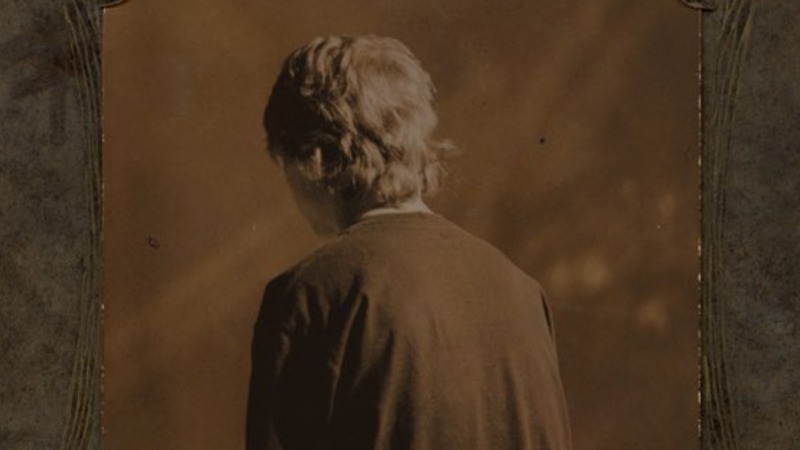Willoughby Tucker, I Will Always Love You Is a Calm, Unprovocative Addition to Ethel Cain’s Lore
The long-awaited follow-up to Preacher’s Daughter furthers the mythology of Cain’s Deep South but lacks the zeitgeist-catalyzing spark that made its predecessor so influential.

You’d think a factory explosion would be more exciting. Willoughby Tucker has his heart pierced by shrapnel in one on Hayden Anhedönia’s latest Ethel Cain album, Willoughby Tucker, I Will Always Love You, but you only hear about the blast in passing. In fact, the entire album is more interested in the aftermath and its effect on the teenaged Cain and her fictional, titular high-school love. Cain’s follow-up to Preacher’s Daughter is a portrait of herself resigned to calmness—her use of ambience a crutch that greatly softens the blow of the other, non-ambient songs. If the album lacks the narrative weight that her debut carried, Willoughby Tucker‘s musicality still immerses you in the world of Ethel Cain, in all its grain and rust and anguish.
Loosely, Willoughby Tucker, I Will Always Love You’s plot is Ethel Cain pining for her betrothed and caring for him during a hospital stay after the plant accident. As the album peters onward, there is also a tornado that tears through town (“Tempest”) and Cain is anguished when her best friend gets her own boyfriend (“Janie”). Compared to the dramatics of Preacher’s Daughter—cannibalization, kidnapping, human-trafficking—Willoughby Tucker feels like small potatoes, a quiet pastoral deeply lacking in the intrigue that made Ethel Cain such an interesting character in the first place.
The Ethel Cain project is one of multitudes. Songs like “American Teenager,” “Crush,” and the newer “Fuck Me Eyes” prove she has the chops for big synth-pop hits. At the same time, there has always been a darker underbelly in her work, as her curiosity frequently dips into slowcore and even doom metal. Cain is predominantly known for her distinctive brand of witchy-Americana-pop, which tackles the declining American Dream through an ongoing character study. In between Preacher’s Daughter and Willoughby Tucker, Cain fleshed out the spectrum of her work on the Perverts EP while deepening what an Ethel Cain project could be, underlining the bleakest parts of Preacher’s Daughter. Perverts indulged her darkest impulses, a monochrome tone poem of atonal drone music, mulling on the taboo—pedophilia, masturbation, and religious trauma.
And for the uninitiated, Ethel Cain the character was cannibalized by her boyfriend, Isaiah, over the course of Preacher’s Daughter. That album—a Faustian tale of love lost and callously taken, told in the most appropriate, dramatic way possible—placed her into a matter of life and death. The drums were booming, the choruses were big, and everything felt in service to her demise. Willoughby Tucker is the necessary (on paper) backstory to the tragedy of a trans girl who grew up in a restrictively religious upbringing in the Deep South. (Anhedönia has stated that Ethel Cain is a way to talk about her own life, suffice to say her own upbringing hasn’t been as drastic as literal cannibalization. “Religious therapy” at age 12 and ostracization is still traumatic, of course.) More interestingly, Willoughby Tucker is also, apparently, the end of Ethel Cain—for now. From her own words, she needs to live more life before she can finish the third chapter in the Ethel Cain story.
-

-

-

-

-

-

-

-

-

-

-

-

-

-

-

-

-

-

-

-

-

-

-

-

-

-

-

-

-

-

-

-

-

-

-

-

-

-

-

-








































